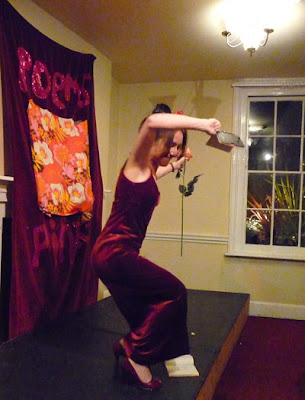Sun Sets on The Astra Martin

The Astra Martin is dead – long live the Astra Martin!
My beloved motor went to Vauxhall Estate Heaven this afternoon, having clocked up more than 183,600 miles.
Readers of this blog may know my dream was to get her up to 200,000 miles - but it was not to be.
Her heart – or “head-gasket” – gave out again and, sadly this time, there was no way back.
I had no strong feelings about the car when I first drove her some five years ago.
But during my two-year weekday incarceration in Leamington, I captained her constantly up and down the M23, M25 and M40.

Soon I gave up the five-hour Monday morning crawl to the desolate field in Stoneleigh, Warwickshire, where I worked.
Instead, I would preen the Astra Martin on a Sunday afternoon and then let the pedal hit the metal.
Often I did the 150-plus mile journey – from the centre of lovely Lewes to the centre of (whisper it) Leamington – in two hours and 17 minutes.
However hard I tried to better that time, I could not.
Granted, I am no Lewis Hamilton and the Astra Martin is no super-Max FI S&M spunky spank-mobile, but I would sometimes achieve remarkable speeds on the superslab, only for the town centre or M25 to let me down.
Still, I’d often make the journey in the 2hrs. 17mins. and go straight on to performing at a Sunday night poetry gig, before collaping with exhaustion and joyance in the Garret at midnight.
The Astra Martin’s finest drives were reserved, however, for the journey home.
Like in the Great Escape, I would tunnel my way out of the field hut on Thursday afternoons and drive from Stoneleigh to Lewes like there were no tomorrow.

Of course, the M25 gridlock often clipped the Astra Martin’s wings.
But cometh the M23, cometh the woman!
With South Downs air in her lungs, she would be tonning it - Thin Lizzy or Van Morrison playing at full-volume on the boogie-box - with me struggling with all my thew to keep the old girl on the winding road as her 1.7 litre diesel engine burnt off Porsches, mother-effed Mercs, roaring like a tigress. . .
The Astra Martin R.I.P.
Labels: cars, Leamington Spa, Lewes, Thin Lizzy




